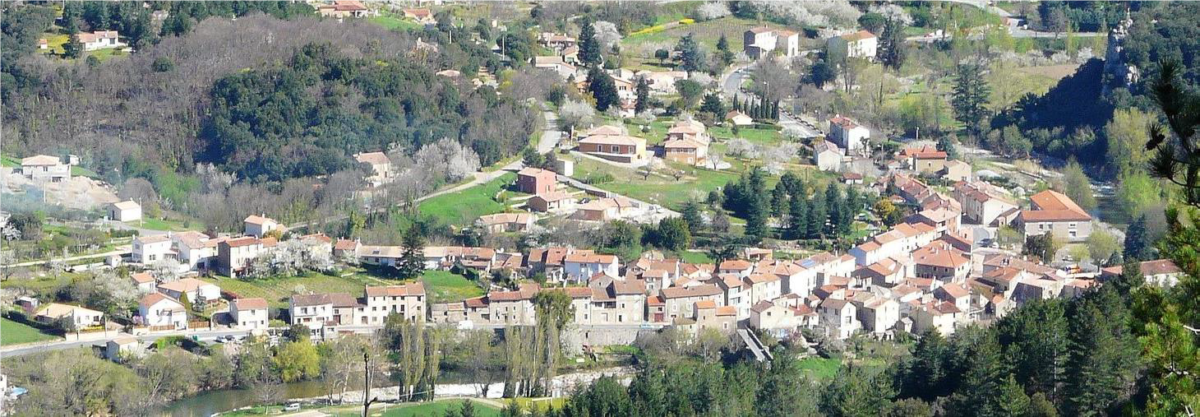A community of homeowners, small businesses and public entities in the French village of Prémian, in the southern Occitanie province, is sharing the solar power generated by a PV system under a self-consumption regime administered by the local municipality.
Under the system, transactions between community members are fraud-resistant and transparent thanks to a dedicated blockchain technology.
The project is the first of its kind, claims its developer, Sunchain – a spin-off of French independent PV consultant Tecsol.
According to information given to pv magazine by the company, the project has a 28 kW rooftop array on a building in the municipality which is supplying electricity to six consumers: a school building, a post office, another municipal building, a cultural center, a private house and a bakery – all of them behind a public substation for the transformation of electricity from medium to low voltage.
The project’s economic model relies on a €52,000 investment by the municipality, which is supplying power to the six consumers for free. Participants contribute to the costs of plant operation through a membership fee to an ad-hoc association which passes it on to the municipality. Surplus power is sold by the municipality to local renewable energy provider Enercoop at a rate of €0.04/kWh.
Popular content
Four-step system
The sharing of electricity, which is transported through the public power grid, takes place at each time step, according to rules established by community members. Data on consumption and production are recorded on a blockchain platform developed by Sunchain, which certifies them.
The technology works in four steps: power data are collected from smart meters by blockchain; they are recorded in the blockchain and smart contracts allocate the energy among the consumers; the sharing results are communicated to distribution system operator Enedis via a secured interface; and Enedis charges the consumer for traditional grid consumption minus the share of solar energy allocated to it.
This token-free blockchain solution, the company said, is not linked to any mining process or cryptocurrency and is based on open-source platform HyperLedger, which is developed and maintained by an international consortium of IBM, Intel and Fujitsu, among others. The architecture, specifically designed for renewable energy supply, itself meets a requirement for very low electricity consumption.
This content is protected by copyright and may not be reused. If you want to cooperate with us and would like to reuse some of our content, please contact: editors@pv-magazine.com.



6 comments
By submitting this form you agree to pv magazine using your data for the purposes of publishing your comment.
Your personal data will only be disclosed or otherwise transmitted to third parties for the purposes of spam filtering or if this is necessary for technical maintenance of the website. Any other transfer to third parties will not take place unless this is justified on the basis of applicable data protection regulations or if pv magazine is legally obliged to do so.
You may revoke this consent at any time with effect for the future, in which case your personal data will be deleted immediately. Otherwise, your data will be deleted if pv magazine has processed your request or the purpose of data storage is fulfilled.
Further information on data privacy can be found in our Data Protection Policy.